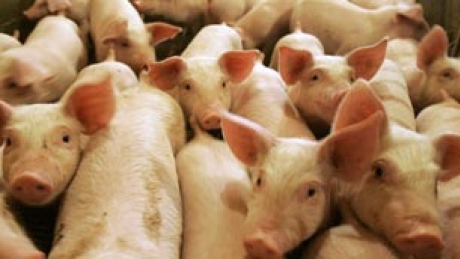Genomic Selection Offers Promise for Identifying Disease Resilience

A professor of livestock genomics with the University of Alberta says the elusive trait of disease resilience in livestock can be more easily identified through the use of genomics
by Bruce Cochrane – FarmScape Online
Dr. Graham Plastow, a Professor of Livestock Genomics with the University of Alberta said during his online interview that because resilience is such a difficult trait to identify, the use of genomics is particularly attractive.
“If we can identify that trait through genomics, we can select for it through traditional breeding”
“The first step is being able to measure the phenotypes we’re interested in and so we’ve been developing tools that can get that data on pigs,” Plastow told FarmScape Online. “Because we’re talking about genetic improvement we’re really wanting to find predictors where we can measure different components of an animal in a high health environment, and then be able to predict how their offspring are going to respond when they’re at the commercial level.”
Scientists working in partnership with Swine Innovation Porc are developing new tools which use genomics to enable the selection of breeding stock for disease resilience.
“Once we have developed these tools and are able to measure the phenotype then we can begin to use genomics to generate or predict a breeding value for resilience, essentially at birth, so as usual we can take a blood sample, a tissue sample, semen sample, and do a genotype test in the lab and then we can begin to select for this trait that has not been possible to use previously,” Plastow explained. “Then the breeding companies can incorporate that into the selection goals according to their customer’s needs.”
Dr. Plastow added that disease resilience is an attractive trait. “If we can identify that trait through genomics, we can select for it through traditional breeding.”












